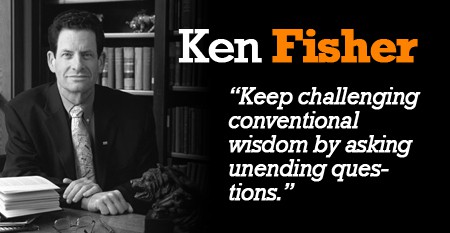I have watched entrepreneurs and executives initially trivialize the value of influence in a capital transaction, only to regret it down the road. Savvy CEOs simply aren’t in a rush to close the deal and secure the funding if it means sacrificing knowledge, experience or influence. Impulsivity has a huge cost when it comes to capital formation. I have long held that the influence a capital partner brings to the table is significantly more valuable than their funding in the grand scheme of things. Since I’ve authored other posts on valuation, capital structure, negotiations, M&A, employment agreements, etc., in today’s post I’m going to focus on what you want out of an investment partner post closing. Hint: it’s not about the money.
You did everything your were supposed to do; you developed a product, validated proof of concept, protected your intellectual property, did your due diligence on the investment community, put your offering memorandum together, banked a ton of frequent flyer miles on your road show, painstakingly negotiated valuation, closed the current round of financing, and gave up a few board seats. But now that the beauty contest is over, and you have a very real, and often demanding investment partner kibitzing from the cheap seats, what post-closing value are they really adding?
From my perspective I’d advise clients to give a bit on valuation, or live with more rigid financial engineering to acquire influence (gain access to markets, knowledge, intelligence, connections or superior business savvy). Let me take this thinking one step further…I simply wouldn’t recommend clients accept capital from investors who can’t wield influence on their behalf, and add significant non-financial value to their business model.
While most venture capital and private equity firms will tout the non-financial value adds they bring to the table pre-closing, the reality is that most of them simply don’t deliver post-closing. In fact, many investors simply don’t carry much clout, or add very little value once the deal is closed.
What a sad commentary on the state of equity markets, since it’s the best way for an investor to manage the risk surrounding their investment. Astute investors mitigate risks and help to insure operational success by adding value to the business model, and by filling gaps that may exist in any of the areas I mentioned in the opening sentence of the preceding paragraph.
I recently keynoted at a leadership summit held by a venture capital firm, who in a brilliant move, brought together all their portfolio CEOs for two days of collaboration about what is, and is not working in this economy. I had assumed that this firm did this regularly, only to later find out that this was the inaugural event. I probed further to ask if they considered holding similar events for the CFOs, CIOs, CSOs, CTOs, CMOs, etc. of their portfolio companies. The answer was interesting: “wow, we hadn’t thought about that.” Following are just a few representative non-financial questions that I recommend my clients ask of potential investors:
- What can you do for my company besides invest in it?
- How many professional advisers and consultants do you have on retainer, or on staff that I can leverage for my firm?
- Will I have unfettered access to other CXOs within your portfolio companies?
- What can you bring to the table that will expand my distribution, add velocity to my sales, increase my brand equity, open new markets, etc.?
The bottom line is this; I view one of the primary obligations of venture capital and private equity firms to be to drive collaboration and innovation across their portfolio companies. That being said, they also need to be actively engaged in catalyzing high impact sales, marketing, and business development activities with strategic and tactical partners outside the portfolio. The moral of this story is don’t get so hung-up on valuation that you fail to get the in the trenches expertise your company will need in future.
Thoughts?







